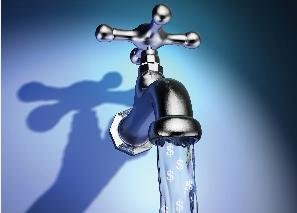Unsafe drinking water is a worldwide problem.
According to UNICEF and the World Health Organization (WHO), one out of three people lack access to safe water and proper wastewater management. That accounts for over 2 billion people across the globe, most of which live in rural or developing areas.
While there are a number of problems that can create water pollution, some of the major causes around the world are:
Unsanitary practices such as open defecation, which is the depositing of feces in open areas like fields, forests and lakes.
Poverty, which prevents the acquisition of proper water treatment and stands in the way of health education.
Natural disasters, which create cross contamination and destroy the work of wastewater treatment plants – if not the plants themselves.
And lastly, poor system maintenance and infrastructure failure, which can result in illness caused by chemicals; such was the case in Flint Michigan where citizens were exposed to lead-tainted water.
While all this may look bleak, there is hope! Each of us can do our part to contribute to safer water for ourselves and for those in more dire circumstances by:
1– Making sure our water is being correctly and adequately filtered.
2– Figuring out small ways to reduce pollution in our area, like making sure all the storm drains are clean and clear.
3–Contributing to water charities, which support water safety in places all over the world.
Safe drinking water is a basic human right and must be protected! Thankfully, world leaders seem to have caught on to this fact and other interesting solutions are being researched and proposed.

